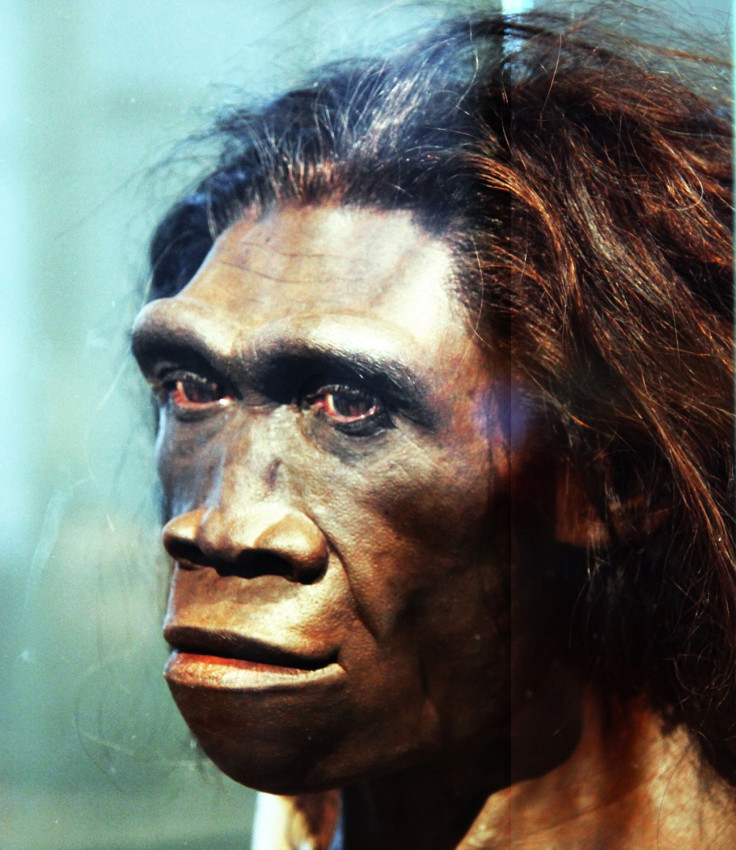Scientist Says Human Evolution Was Random Chance, Not Climate Change

Human existence might be just a coincidence, according to a new analysis of the patterns of evolution.
One scientist ran computer simulations to see how species would naturally go extinct and be created over time and found there are random patterns that appear, with clusters of species coming or going at the same time. According to a study in the journal Paleobiology, these random clusters could be an explanation for how the human species evolved.
Read: Prehistoric Humans Had Sex With Primitive Relatives Quite a Lot
When experts see these clusters happen in real life, through a “turnover in the mammalian fossil record,” they are often called “pulses” and attributed to the influence of prehistoric climate change, the study says. But the computer simulations calculated how species would rise and fall without climate change and found nature would still have clusters that are the same size as some of the pulses. That means despite the fact that a lot of scientists believe climate change spurred a pulse in which the human species was born, random events could be just as likely.
The findings suggest that “scientists may need to rethink widely accepted ideas about why human ancestors became smarter and more sophisticated,” George Washington University said in a statement. “Traits that make humans different from our ancestors, like larger brains and greater technological sophistication, could have arisen for a variety of reasons.”
There was one of these species turnovers in the African fossil record a few million years ago, when the genus Homo , in which Homo sapiens are grouped, originated.
“Experts believe it takes a broad-scale event like global climate change to spark the origination of so many diverse new species,” the university said. “It is generally accepted that when major environmental changes occur, some species will go extinct and others will originate, which can create a cluster or pulse of new species in the fossil record.”
There is, however, a debate over what constitutes a pulse, in terms of the size of the cluster of species going extinct or coming into existence, and therefore there is also disagreement about which pulses are indeed the product of chance.
The paleoanthropologist behind the evolutionary analysis, Andrew Barr, is arguing that in the case of the pulse that included humans, a random spike could have paved the way for our species to be born rather than climate change.
Read: Humans Have Been Eating Wheat for a Very Long Time
“We may need to broaden our search for why our genus arose at that time and place,” he said in the GWU statement.
In addition to seeing that species turnovers varied by chance, according to the study, Barr also saw that pulses “may be quite common under realistic analytical conditions.”
“We can sit in the present and tell stories of the past that make sense of our modern day adaptations,” Barr said. “But these could have evolved for reasons we don’t know.”
© Copyright IBTimes 2024. All rights reserved.




















